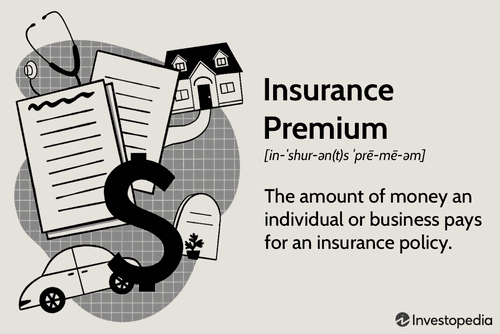
You have many options if you are searching for San Francisco car insurance. Some companies charge higher rates than others. It also depends on your ZIP code. Some areas are more risky than others. You should consider theft, crime, as well as uninsured motorists when determining your rate. You can compare rates on sites such as GEICO and Ameriprise. These companies offer exceptional customer service and are helpful if your claim needs to be filed.
San Francisco Car Insurance Rates
Cost of car insurance San Francisco is affected by many factors. The rate a person pays will depend on their age. An insurance company will consider a person's experience behind the wheel, as well as their likelihood of filing a claim. Drivers under the age of 20 are charged the highest, while drivers over 30 years of age pay less.
Car insurance costs in San Francisco may also be affected by the driving record. Insurers can see significant increases due to DUIs, speeding tickets, at-fault injuries, and other factors. The average annual increase in rates for drivers who have a history with speeding tickets, DUIs and reckless driving is $3765. The rate of a person's insurance is also determined by their credit score. Drivers with poor credit pay higher rates then those with good credit. There are several ways to improve your rating.
Rates by company
It is important to understand that the rates charged by different companies can vary. Insurance companies don’t know what their future will bring. They use past claims and experiences to determine their rates. Each company is different and has different claims experiences so rates may not be the same for everyone.

Fortunately, the Internet can make it easier to compare car insurance rates. You can use the Internet to compare prices from different companies for the exact policy. Insurance Information Institute is another excellent resource. They aim to provide information on the insurance market for consumers.
Rates according to age
Many factors can affect car insurance rates, including age. Young adults and teenagers typically pay the highest rates. Rates tend to decrease as people age. According to U.S. Department of Transportation the rates for young adults are highest in Louisiana while those for older drivers are lowest in Florida. Although age is not always a factor in determining a person's rate; driving record can also play a part. Insurance costs can rise by up to 50% if you have a history or accidents.
Young drivers are more likely to be in an accident than older drivers, so car insurance premiums for them tend to be higher than for those who are older. While the average insurance premium drops as drivers age, rates tend rise after the age 70. This is because older drivers are more likely to be safe drivers. A good driving record can also lead to lower premiums.
Rates for each gender
Although car insurance rates for men and women are slightly different in many states, the differences are not nearly as significant as you might think. Women pay 1% more for the same policy in some states than men. There are many other countries that do not have gender-based rates. Car insurance companies use data and behavioral patterns in order to determine the best price for coverage.
Most insurers evaluate the gender of a driver based on the gender assigned on the driver's license. Many states make it difficult to change your gender marker. You may find yourself being lumped in alongside people with different birth sexes. To negotiate a lower premium, you can always contact an insurer.

Rates by marital status
Car insurance rates by marital status vary widely. The reason this is so is the fact that married drivers are more likely to file claims and single drivers are twice as likely. Insurance companies are not required to adjust their pricing for marital status, or gender. While single and divorcing drivers still get more than married drivers for their services, some companies may have special policies to cater to this group.
The best way to determine which rates you'll receive is to shop around. Many insurers offer couples greater discounts while others do not raise rates for spouses with bad driving records. These are some factors to consider when looking for the best policy.